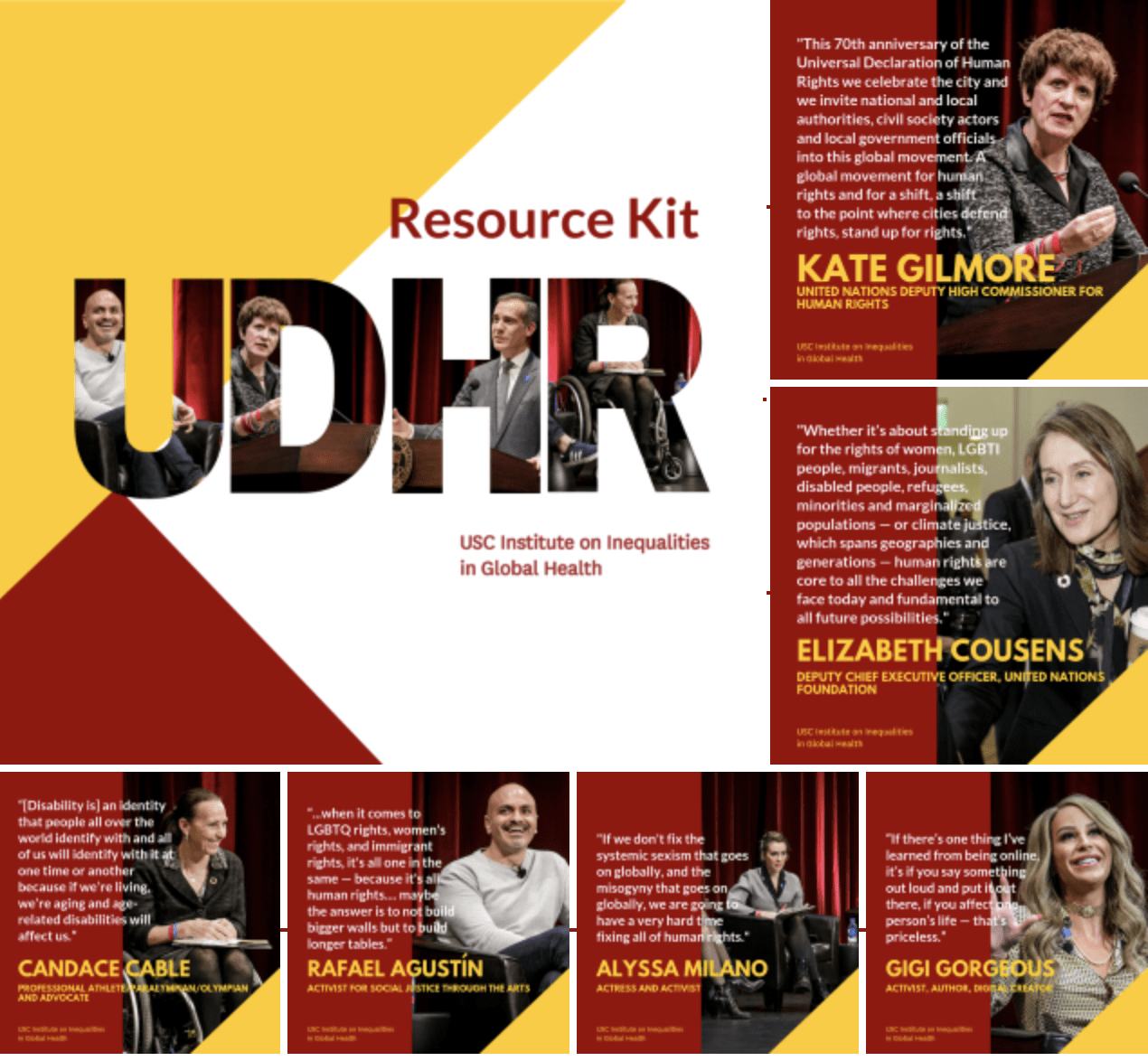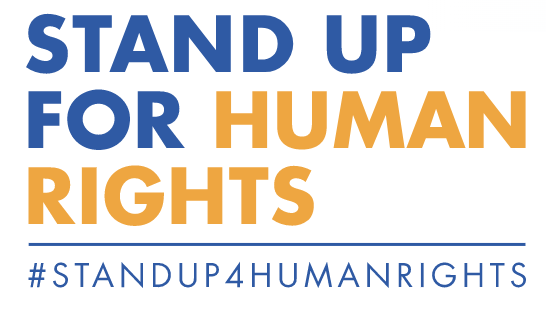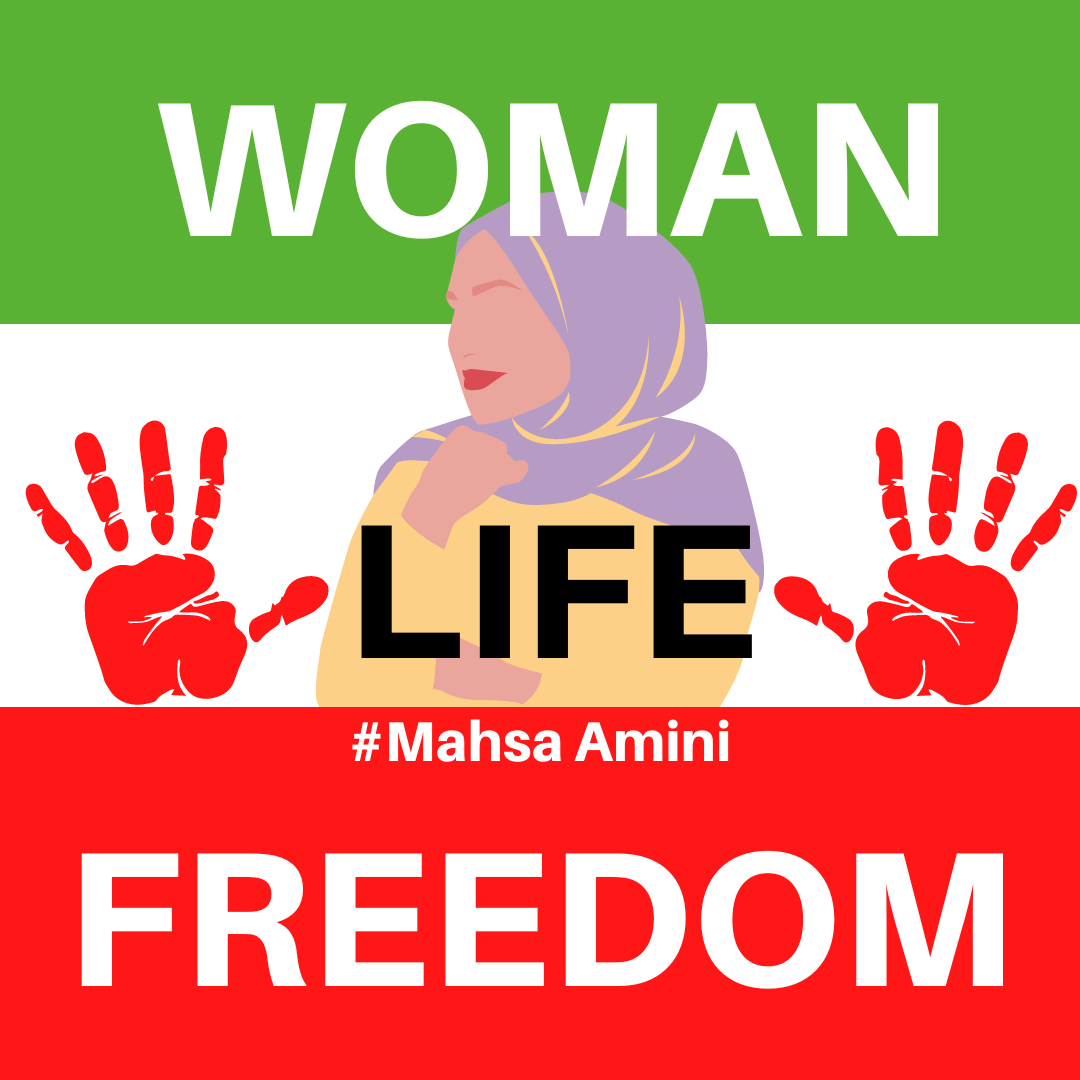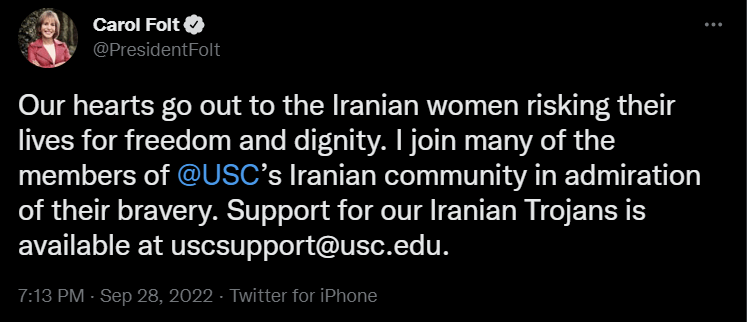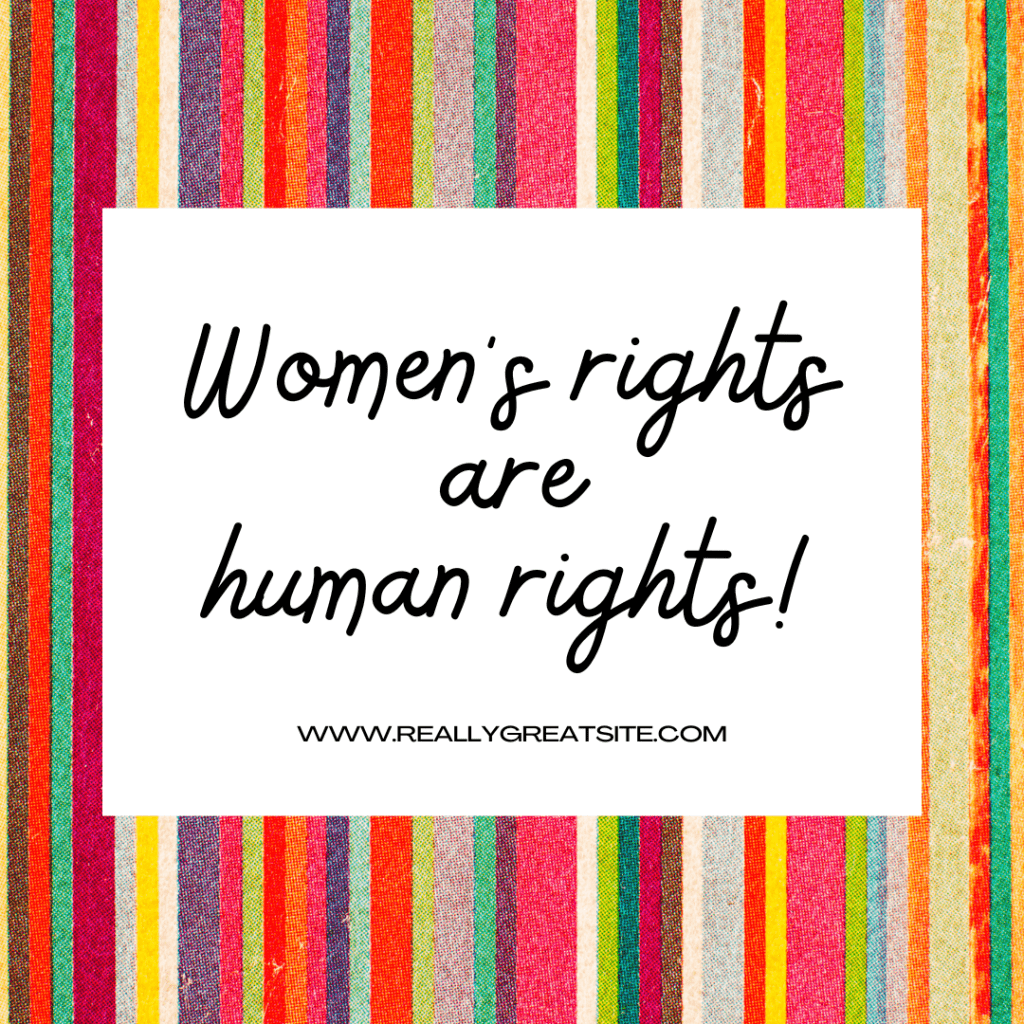Human Rights
Human Rights 75 Initiative - United Nations 2023
“Together, let’s rejuvenate the Universal Declaration of Human Rights, demonstrate how it can meet the needs of our time AND advance its promise of freedom, equality and justice for all”.
The Human Rights 75 Roadmap is an initative with three goals:
- Promoting universality: Honor the diversity, strengths, and achievements of communities working to address global challenges, reaffirming that human rights are non-negotiable and form the basis for shared solutions.
- Forging the future: Leverage emerging breakthroughs—including technology—to anticipate challenges and apply innovations for global benefit.
- Supporting engagement: Collaborated with Member States and key actors to strengthen trust in the human rights system and mobilize the resources needed to uphold rights.
The Universal Declaration of Human Rights 70 Year Anniversary - 2018
The UDHR Resource Kit spotlights how cities and local leaders—from mayors to advocates and public figures—are taking bold action on issues like equity, inclusion, and basic human dignity through inspiring videos, activities, and first-person stories. Featuring insights from United Nations trailblazers, USC faculty, Alyssa Milano, Rafael Augustín, Candace Cable, and Gigi Gorgeous, it encourages teachers, students, and organizations to spark discussion and creative advocacy, showing how the Universal Declaration of Human Rights remains a vital force for change in communities and around the world.
Help us spread the word about the campaign. Use the campaign hashtag #standup4humanrights on social media to show your support and share our posts in the digital sphere.
Human Rights and Social Work Values
by Imran A. Mohammed
“To deny people their human rights is to challenge their very humanity.” Nelson Mandela
The United Nations (UN) was established following World War II (1939–45) in June 1945 with 50 member states. The UN plays an important role across the globe in assuring security and human rights for all people. December 10, 1948, marks a very important day in history, because the General Assembly of the United Nations adopted and proclaimed the Universal Declaration of Human Rights. In embracing the Declaration, 48 nations asserted their strong obligation that all humans deserved to be treated with respect and dignity, and with peace in the world.
The social work profession shares a close relationship with human rights, because it adheres to values such as respect, dignity, and self-determination – values that are strongly embedded in the code of ethics for all practitioners. The client-social worker relationship has long been celebrated. The profession is highly regarded for challenging the inhumane treatment of vulnerable people, its commitment to challenge anti-oppressive practice, and most importantly, ensuring that vulnerable people are given a voice!
Iranian Protests for Women’s Rights
On September 16th, 2022, Mahsa Amini, a 22-year-old Iranian woman was reportedly killed by the “morality police” in Tehran for not complying with the country’s mandatory hijab rules. Since this tragedy, the courageous women of Iran, with the support of many men, have gone to the streets, risking tear gas, bullets, beatings, and death to protest in support and demand for women’s freedom, autonomy. They are chanting “WOMAN, LIFE, FREEDOM.”
A Message from President Folt
USC Social Work Response
USC Social Work stands with President Folt and the women of Iran who are fighting for their freedom and the right to be heard. This is more than a protest, it is a call for human rights to be respected. And women’s rights are human rights.
Within the United States, more than half of all Iranian immigrants live in California and more than one-third live in the Los Angeles metropolitan area.
Learn More
Iranian Social Workers Official Website

